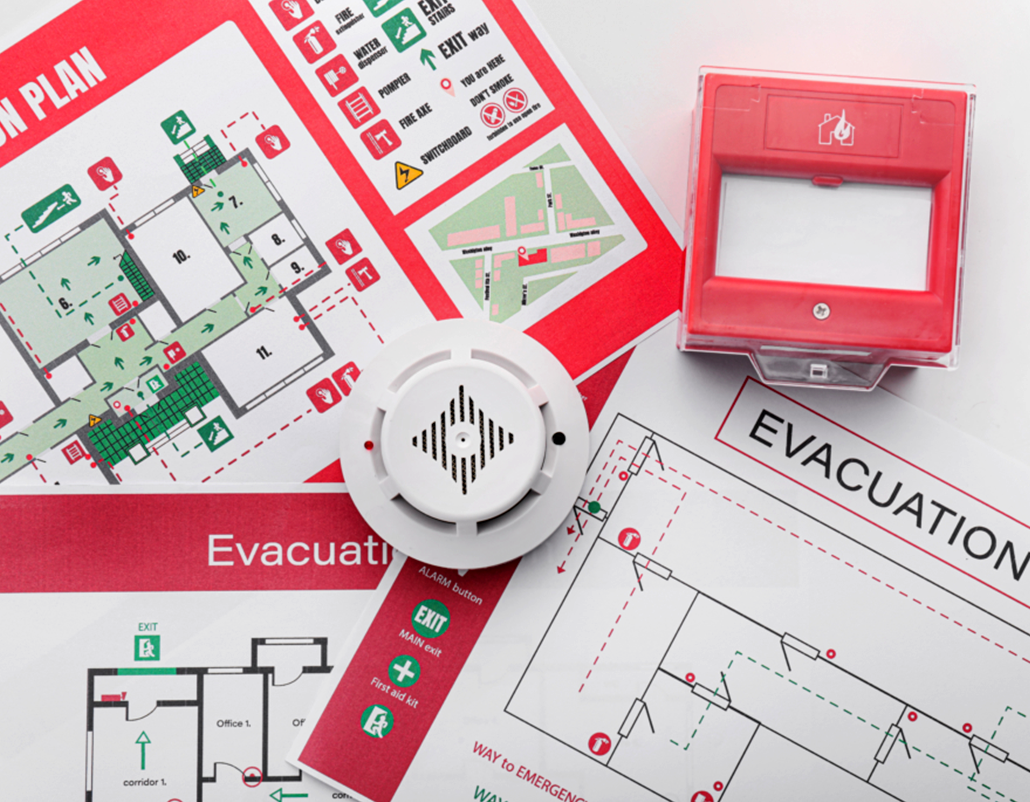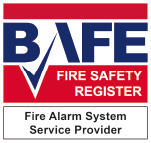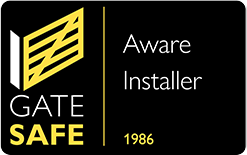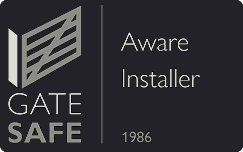Fire alarm system implementation stages
System Design
The system should be designed in accordance with the appropriate British Standard together with the relevant system category. This process will usually be identified during a Fire Risk Assessment (FRA) of the building. If a risk assessment is not available or has not been carried out, our surveyor will be able to offer guidance on an appropriate system category.
Speak to Absolute Security for advice on how to proceed with a Fire Risk Assessment.
Installation
The installation of the system can now follow the design specification and should be installed in accordance with the British Standards for Fire Alarms together with the requirements for Electrical installations.
Commissioning
The process of commissioning will involve thorough testing of the installed system to ensure that it operates correctly and in accordance with the standards and the design specification.
Maintenance
To ensure that the system remains in a fully operational condition, the Standards recommend that the system should be regularly tested a minimum of twice a year by a competent Company.
The system should also be tested on a weekly basis by a responsible person with all results being recorded in the site logbook.
Absolute Security will provide a planned maintenance schedule to ensure that the system is tested correctly in accordance with the standards. As part of our maintenance schedule, we will also ensure that the responsible person is confident of carrying out the weekly testing.


 Facebook
Facebook
 Twitter
Twitter
 Email
Email














